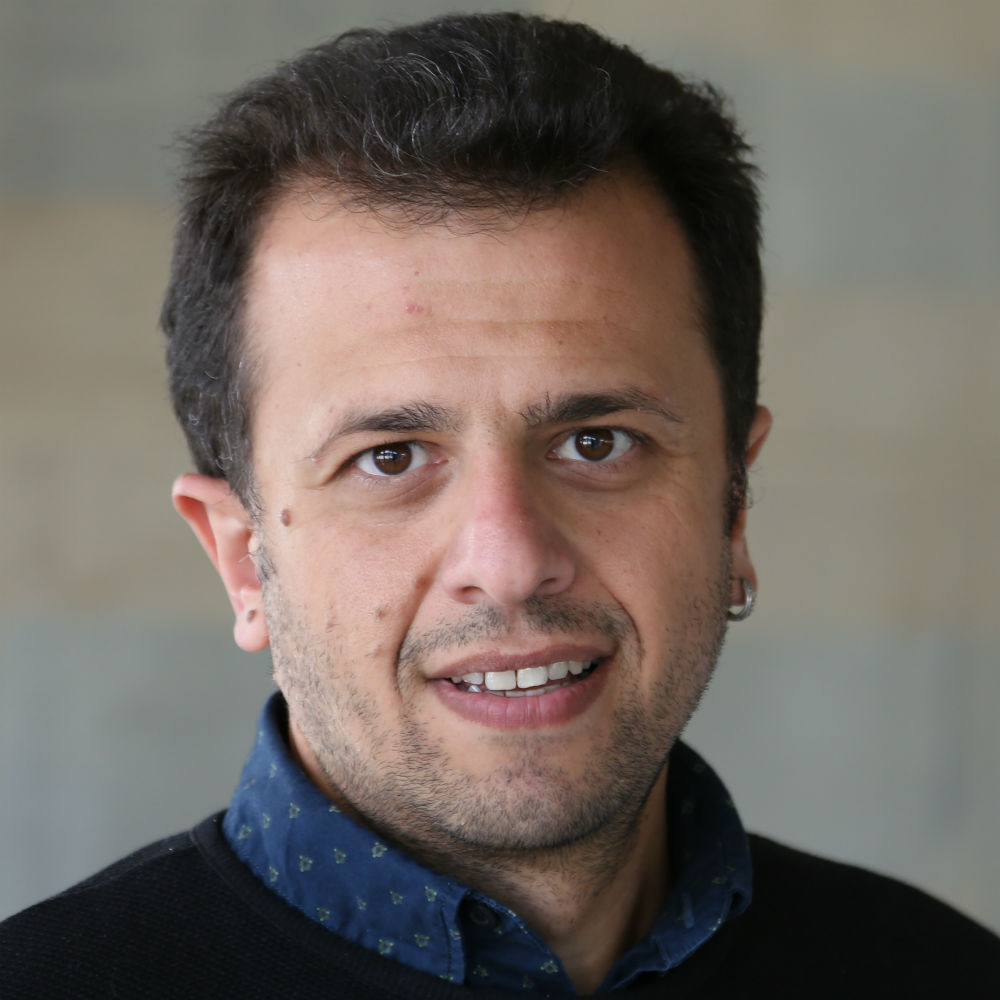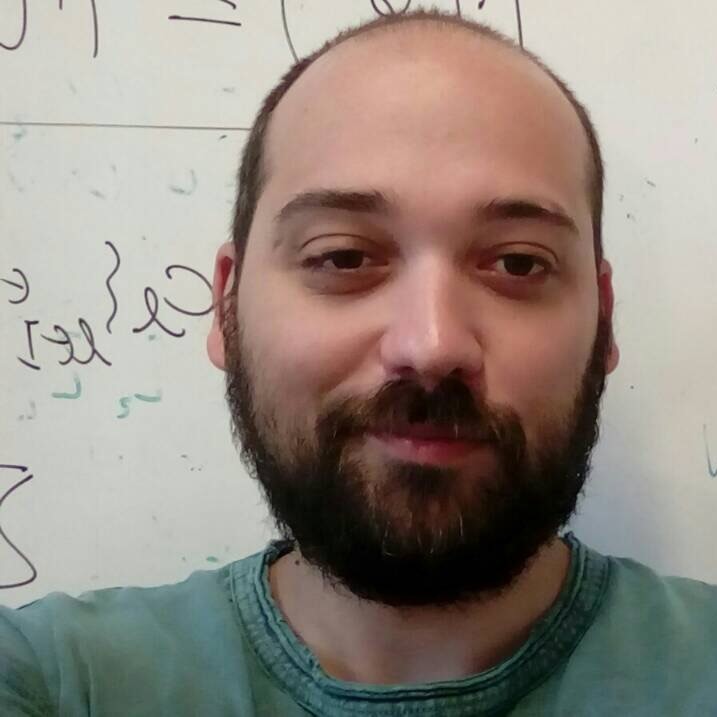Mathematics stands at the heart of physics and scientific theory. Academics in this theme develop mathematical methods in various physics applications.
Theme members work on a broad range of topics in Mathematical Analysis and Mathematical Physics, including discrete and continuous integrable systems (Dr Grahovski, Dr Papamikos), Lie groups, Lie algebras and symmetries (Dr Grahovski, Dr Papamikos), Analysis of PDEs (Dr Akman, Dr Grahovski, Dr Papamikos), Harmonic analysis and Potential theory (Dr Akman), Algebraic Methods in Differential Equations (Dr Papamikos), Geometric Analysis (Dr Akman), Statistical Physics, Theoretical Physics, Disordered Systems, Computational Methods (Dr Fytas).
Dr Akman currently holds an EPSRC New Investigator Award which funds a Senior Research Officer (Dr Mukherjee) to carry out work on ‘Stability of Brunn-Minkowski inequalities and Minkowski type problems for nonlinear capacity.' Dr Fytas currently holds an EPSRC New Investigator Award which funds a Senior Research Officer (Dr Vasilopoulos) to work on “Random-field effects in spin models:
Supersymmetry, criticality, and universality.
Theme members publish in leading international academic journals like Memoirs of the AMS, Advances in Mathematics, Studies in Applied Mathematics, Journal of Physics A, Nuclear Physics B, Physical Review E, Physical Review Letters, and Journal of Statistical Physics.
There are clear and growing synergies in the research interests of the theme:
- Grahovski is focusing his research on algebraic and spectral theory of multi-component integrable systems related to simple Lie algebras (and associated symmetric spaces). This includes the inverse scattering method and the theory of reductions.
- Papamikos is working on algebraic aspects of the dressing method and its use for construction of exact soliton type solutions for vector integrable equations.
- Grahovski and Papamikos are developing the theory of discrete integrability, based on nonlinear superposition (Bianchi commutativity) and re-factorisations of products of Darboux transformations.
- Akman is interested in regularity and free boundary regularity for linear and nonlinear elliptic PDEs (Laplace p-Laplace, and A-harmonic equations), conformal densities and metric properties of harmonic, p-harmonic, and elliptic measures on domains with rough boundaries, Brunn-Minkowski type inequalities and their stabilities and Minkowski-type problems associated to nonlinear capacities.
- Akman and Papamikos are working on classification of classical solutions of the p-Laplace equation using Lie group theoretic methods.
- Dr Fytas’ work focuses on developing a deeper and unified understanding of complexity in physical systems, ranging from the critical properties of magnetic
models and soft-matter macromolecules to the phase behaviour, self-organisation, and structure formation of biologically-oriented systems. In particular, he is
working in the field of disordered and complex systems that exhibit rough free-energy landscapes and therefore model the response of real-life experimental
analogues, using a variety of Monte Carlo, molecular dynamics, and optimisation methods, as well as at different levels of theory (e.g. scaling theories,
continuum, and empirical models).
The theme members actively participate in the activities of the
- South East Mathematical Physics Seminars.
- LMS Harmonic Analysis and PDE Network.
- EPSRC Generalised and Low-Regularity Solutions of Nonlinear PDEs Network.
- Computational Physics Group of the Institute of Physics (IOP).
The theme also runs an annual international workshop PDEs @ Essex.














